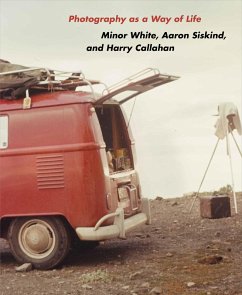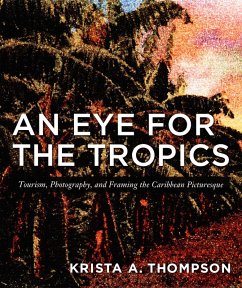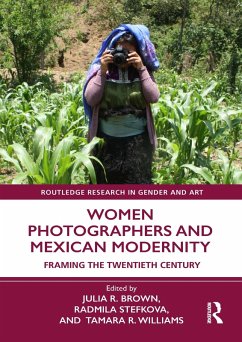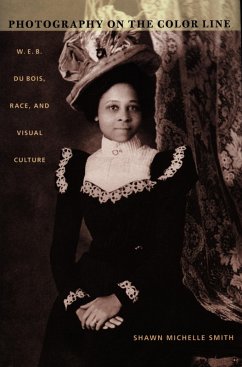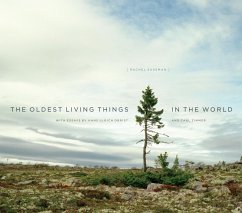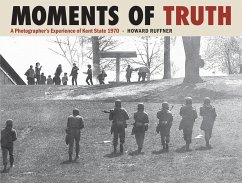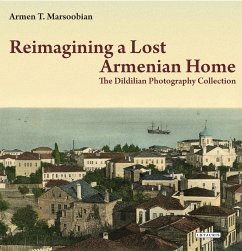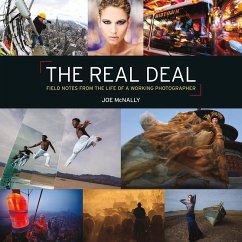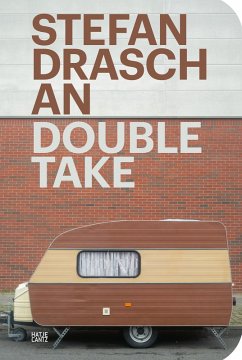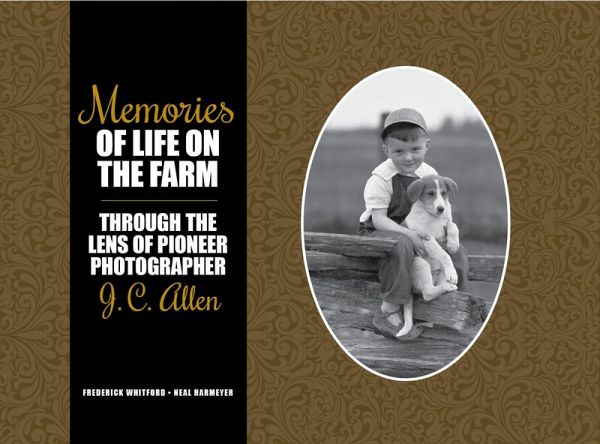
Memories of Life on the Farm (eBook, PDF)
Through the Lens of Pioneer Photographer J. C. Allen

PAYBACK Punkte
0 °P sammeln!
John Calvin Allen, professionally known as J. C., worked as a photographer for Purdue University from 1909-1952, and operated his own photography business until his death in 1976. The J. C. Allen photographs represent a historical account of the transition from pioneer practices to scientific methodologies in agriculture and rural communities. During this major transitional period for agriculture, tractors replaced horses, hybrid corn supplanted open-pollinated corn, and soybeans changed from a novelty crop to regular rotation on most farms. During this time, purebred animals with better genet...
John Calvin Allen, professionally known as J. C., worked as a photographer for Purdue University from 1909-1952, and operated his own photography business until his death in 1976. The J. C. Allen photographs represent a historical account of the transition from pioneer practices to scientific methodologies in agriculture and rural communities. During this major transitional period for agriculture, tractors replaced horses, hybrid corn supplanted open-pollinated corn, and soybeans changed from a novelty crop to regular rotation on most farms. During this time, purebred animals with better genetic pedigrees replaced run-of-the-mill livestock, and systematic disease prevention in cattle, swine, and poultry took place.
Allen's photographs also document clothing styles, home furnishings, and the items people thought important as they went about their daily lives. Looking closely at tractors, livestock, wagons, planters, sprayers, harvesting equipment, and crops gives one a sense of the changing and fast-paced world of agriculture at that time.
This volume contains over 900 picturesque images, most never-before-seen, of men, women, and children working on the farm, which remain powerful reminders of life in rural America at the turn of the twentieth century. As old farmhouses and barns fall victim to age, Allen photographs are all that remain. While those people and times no longer exist today, they do remain "alive" because of the preservation of that history on film. A camera in his hands and an eye for photography allowed Allen to create indelible visual histories that continue to tell the story of agriculture and rural life from long ago.
Allen's photographs also document clothing styles, home furnishings, and the items people thought important as they went about their daily lives. Looking closely at tractors, livestock, wagons, planters, sprayers, harvesting equipment, and crops gives one a sense of the changing and fast-paced world of agriculture at that time.
This volume contains over 900 picturesque images, most never-before-seen, of men, women, and children working on the farm, which remain powerful reminders of life in rural America at the turn of the twentieth century. As old farmhouses and barns fall victim to age, Allen photographs are all that remain. While those people and times no longer exist today, they do remain "alive" because of the preservation of that history on film. A camera in his hands and an eye for photography allowed Allen to create indelible visual histories that continue to tell the story of agriculture and rural life from long ago.
Dieser Download kann aus rechtlichen Gründen nur mit Rechnungsadresse in A, D ausgeliefert werden.




